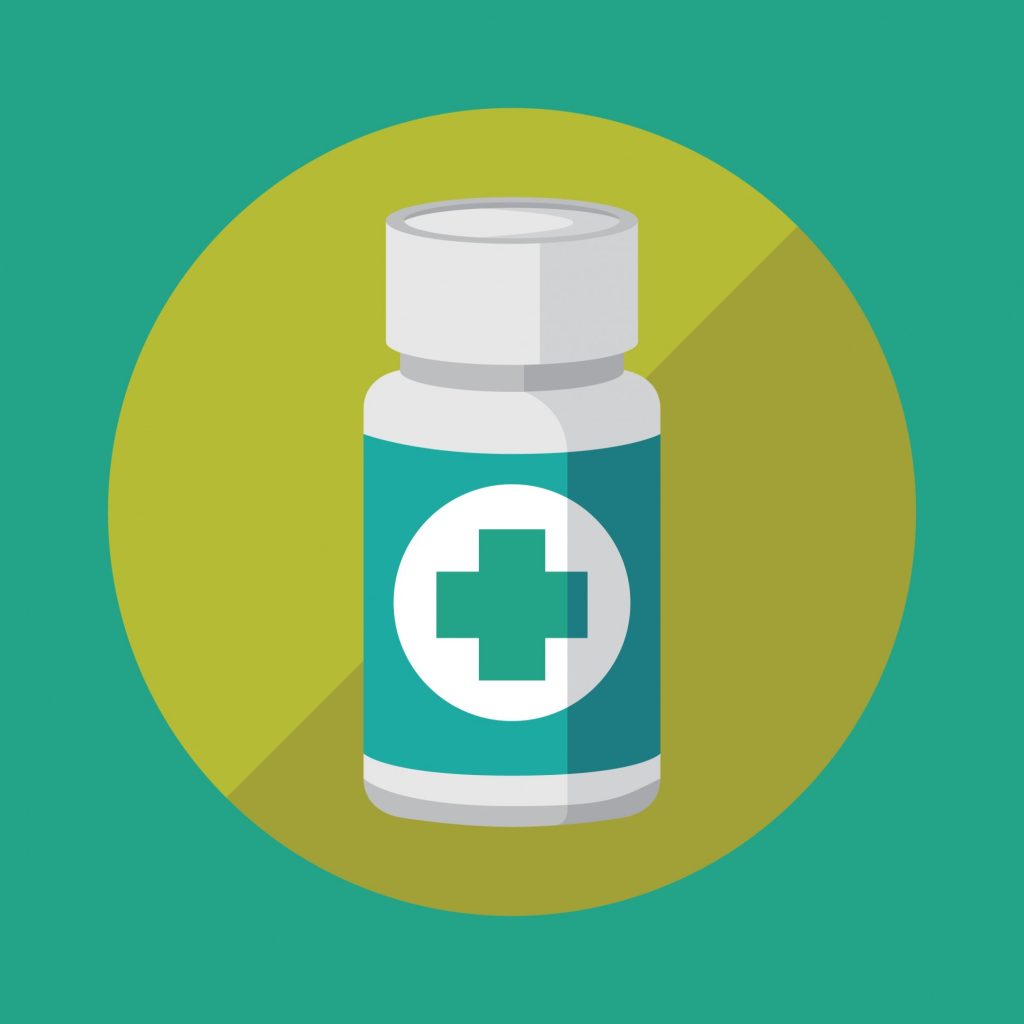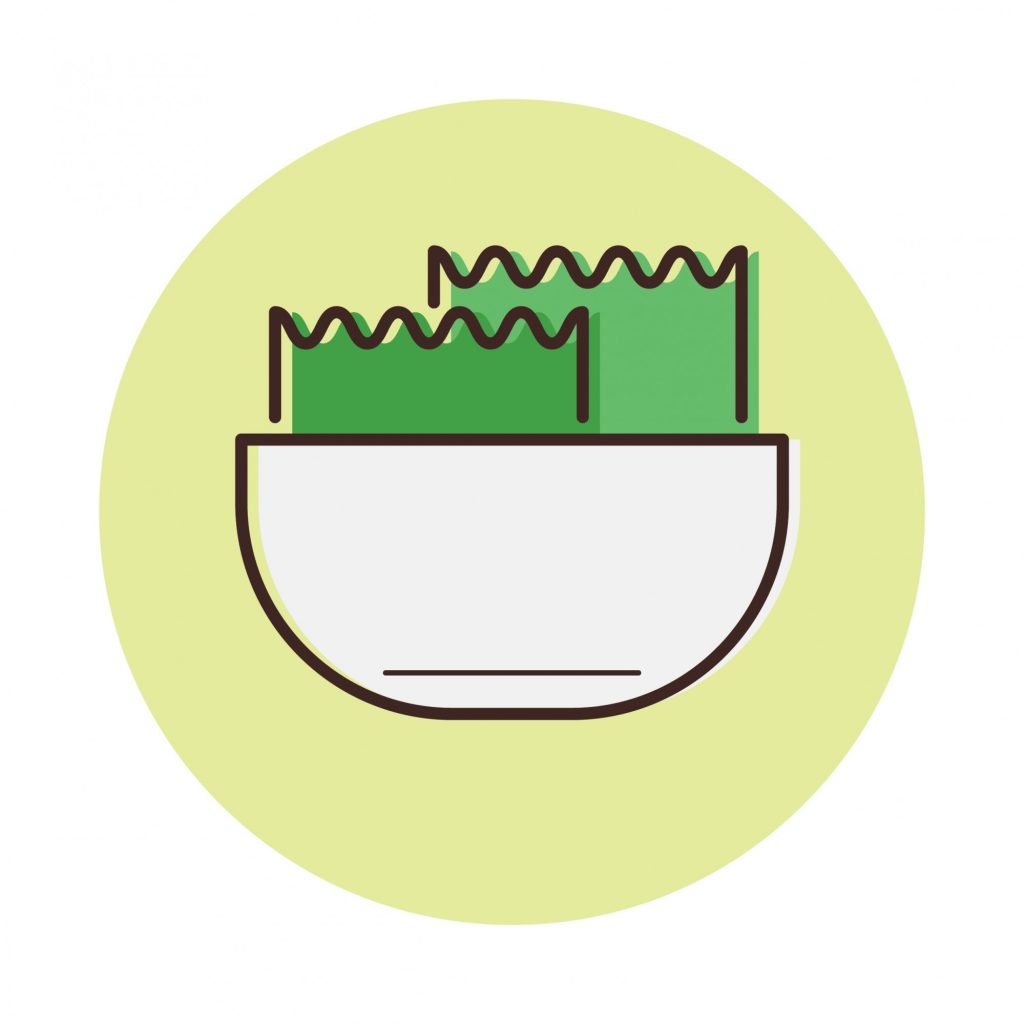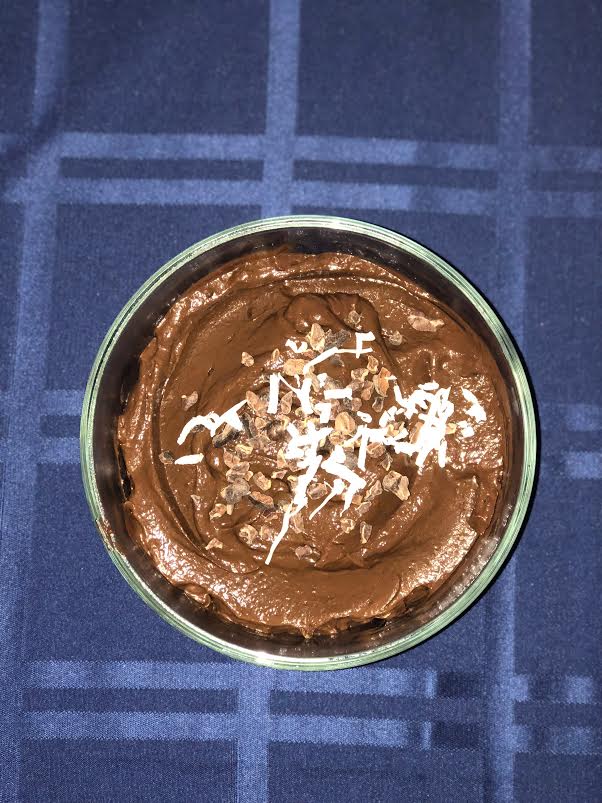Are Your Supplements Legit?
By Nicole Martin
April 4, 2017

There’s a lot of news out there about what certain supplements both can and can’t do. But it’s hard to cut through the clutter. What’s true? What’s not? Read on to find out…
Sometimes, depending on our diet, we’re not getting the nutrients out body needs.
So, supplements can be a great way to, well, supplement our diets.
But all supplements are not created equal.
Back in 2015 the Attorney General’s office in New York issued research findings showing that vitamins and supplements sold by Wal-Mart, GNC, Target, and Walgreens contained next to none of the contents claimed on the packaging.
Just last year, the Nature Made brand of gummy vitamins were recalled for containing salmonella.
Add to that the fact that three Centrum brand multi-vitamins are often counterfeits, manufactured in China with almost identical labels as the authentic brand and sold on, among other places, Amazon.
And… well, let’s face it. Flintstones vitamins? There are two types of sugar in there to make them “palatable” to your kids.
(To be fair, Flintstones vitamins are not the worst offenders in the childrens’ vitamin game. The Centrum Kids Complete line of multi-vitamins is a literal horror show of added sugar. Their ingredients include sucrose, mannitol, aspartame, dextrose, dried corn syrup, hypromellose, and lactose… all sugars or artificial sweeteners. They don’t even stop at sugar with their inclusion of really harmful substances: The vitamins also include sodium benzoate, which causes genetic mutations and cancer in lab rats, and propylene glycol alginate, which is the primary active ingredient in antifreeze.)

The Question
So, how do you figure out which supplements are safe and effective?
It’s not an easy question to answer, honestly.
It’s actually akin to shopping for vegetables at, say, Wal-Mart. The label may say “organic,” but there’s no guarantee that it really is.
The only way to actually get good, organic vegetables is to go to the farmer’s market, get to know the farmers who are actually growing it, ask the necessary questions, and then buy from them.
Here at the Wellness Training Institute, we sell vitamins and supplements. And in the early days, finding a manufacturer we could trust was an ordeal. We had to do a ton of research, ask a lot of people we trusted for their input, and then tested the supplements ourselves for their purity. It was a lot of work… and we know what we’re doing!
So, the answer to the question is this: You have to know and trust the person or company selling the supplements.
The big brands tend to be garbage. A multi-vitamin selling for $4 a bottle at the grocery store is never going to be pure. To get it down to that price, the manufacturer is going to have to cut it with something (cornstarch, etc.). And if that’s ALL they do, that’s the best case scenario. As the New York Attorney General showed, that bottle of gingko biloba may not contain any gingko biloba at all.

How to Shop for Supplements
Here are some other pieces of advice when shopping for vitamins and supplements:
1. Don’t buy them from Wal-Mart, Target, or any big box store.
2. Look at the ingredients. If there’s a huge list of things that aren’t vitamins, don’t buy it.
3. Don’t buy gummies!
- Seriously, don’t by gummies. For one, you’re an adult. Knock it off. Two, sugar, sugar, and more sugar.
- Don’t buy your kids vitamins showing the Flintstones, Disney Princesses, the Teenage Mutant Ninja Turtles, etc. Words to live buy: If there’s a cartoon character on the packaging—and this applies to everything you put into your children’s bodies—run away screaming.

One Last Thing
And here’s a really important factor to consider in all of this:
As far as supplements go, they’re called “supplements” for a reason.
They’re there to supplement your diet. They’re not a stand in for the actual nutrients you should be getting from your food.
You can’t eat Taco Bell six times a week and then expect to be “all good” because you take multi-vitamin daily with breakfast.
Instead, think of supplements as the blanket Linus from Peanuts carries around. He’s all good most of the time, but that blanket helps cover some the emotional gaps. That’s what supplements are for, but on a dietary level.
And those supplements need to be good ones. Do your research and buy from a trusted source.






